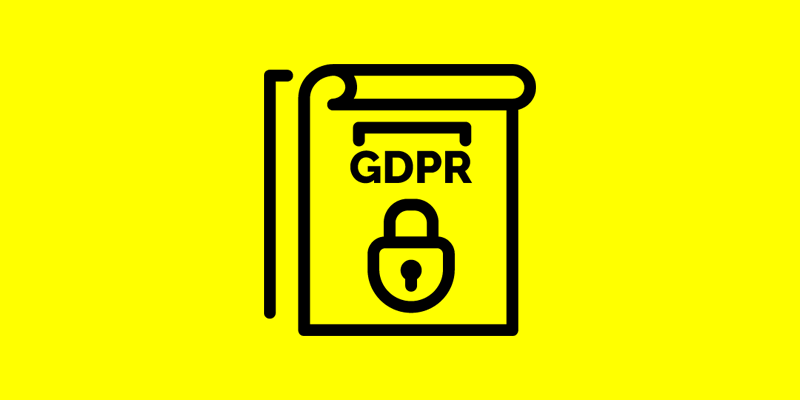GDPR and Beyond
In our increasingly digital world, the intersection of artificial intelligence (AI) and privacy has become a paramount concern. AI technologies, while offering transformative capabilities, raise critical questions about data protection, user consent, and ethical use. This article delves into the relationship between AI and privacy laws, focusing on the General Data Protection Regulation (GDPR) and the broader implications for the future.
AI and Personal Data: A Delicate Balance
AI systems thrive on data, particularly personal data. Whether it’s for training machine learning models or personalizing user experiences, access to large datasets is often the linchpin of AI’s success. However, this reliance on personal data necessitates stringent safeguards to protect user privacy.
The GDPR Framework
The GDPR, enacted by the European Union (EU) in 2018, stands as a landmark piece of legislation that sets the gold standard for data protection. Key principles include:
- Consent: GDPR mandates explicit and informed consent for data processing, giving individuals control over their data
- Data Minimization: Organizations should collect only the data necessary for the intended purpose, limiting excessive data handling
- Right to Access and Erasure: Individuals have the right to access their data and request its deletion
- Data Portability: Users can request their data to be transferred from one service provider to another
- Accountability and Transparency: Organizations must demonstrate compliance and be transparent about data practices
Challenges and Complexities
While GDPR provides a robust framework for data protection, its application in the context of AI presents unique challenges:
- Algorithmic Transparency: The “black box” nature of some AI algorithms makes it challenging to provide transparent explanations for AI-driven decisions
- Consent for AI: Obtaining explicit consent for AI processing, especially when it involves complex machine learning, can be problematic
- Data Retention: AI systems often benefit from large historical datasets, raising questions about how long data should be retained
The Broader Global Impact
The GDPR’s influence extends far beyond the EU. Many global companies have adopted GDPR standards to simplify their operations. Additionally, countries worldwide are developing their privacy regulations, drawing inspiration from GDPR. For instance, the California Consumer Privacy Act (CCPA) in the United States follows similar principles.
The Future of AI and Privacy
As AI continues to evolve, so too must privacy laws. Here are some key considerations:
- AI Ethics Committees: Establishing ethics committees within organizations can help ensure responsible AI development
- Privacy by Design: Embedding privacy considerations into AI systems from the outset is crucial
- International Collaboration: Collaboration among countries to create consistent global privacy standards is essential
Safeguarding Privacy
The synergy between AI and privacy laws is a complex and evolving landscape. Striking the right balance between harnessing AI’s potential and safeguarding individual privacy is essential. While the GDPR has set a high bar for data protection, the challenges posed by AI require ongoing adaptation and international cooperation.
As AI’s influence expands across industries, the ethical and legal framework surrounding it will play a pivotal role in shaping a future where innovation and privacy coexist harmoniously.
